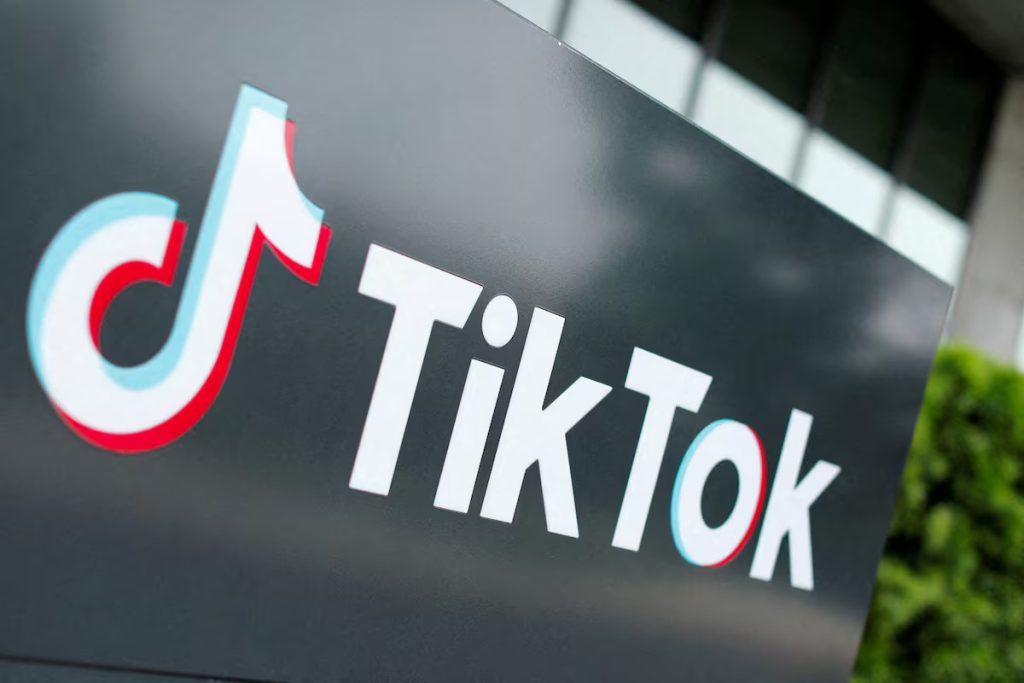
President-elect Donald Trump has requested the U.S. Supreme Court to delay the enforcement of a law that would ban the popular social media app TikTok or compel its sale, arguing his administration should be allowed time to pursue a “political resolution” to the matter after taking office.
The Supreme Court is scheduled to hear arguments on the case on January 10, with the current law requiring TikTok’s Chinese parent company, ByteDance, to sell the platform to an American firm by January 19, 2025, or face a U.S. ban.
TikTok, which boasts over 170 million U.S. users, has sought to have the law struck down. If the Supreme Court does not rule in its favor and ByteDance fails to divest, TikTok could be effectively banned in the U.S. one day before Trump’s inauguration.
Trump’s support for TikTok marks a surprising reversal from his 2020 stance when he pushed to ban the app and force its sale over concerns about its Chinese ownership. This change also highlights TikTok’s efforts to build stronger ties with Trump and his team during the presidential campaign.
“President Trump takes no position on the underlying merits of this dispute,” said D. John Sauer, Trump’s lawyer and his incoming pick for U.S. solicitor general. “Instead, he respectfully requests that the Court consider staying the Act’s deadline…thus permitting President Trump’s incoming administration the opportunity to pursue a political resolution.”
TikTok CEO Shou Zi Chew reportedly met with Trump in December, shortly after Trump expressed a “warm spot” for the app and its role in his campaign’s digital strategy, which garnered billions of views.
The U.S. Justice Department has maintained that Chinese ownership of TikTok poses a national security threat. Meanwhile, free speech advocates have likened the proposed ban to censorship regimes in authoritarian countries, urging the Court to protect the platform.
Additionally, Montana Attorney General Austin Knudsen, joined by 22 state attorneys general, filed an amicus brief urging the Supreme Court to uphold the law, citing security risks linked to ByteDance’s ties to China.
TikTok has denied such claims, asserting that U.S. user data is stored on servers managed by Oracle Corp and that content moderation for American users is overseen domestically.
As the legal battle unfolds, the Supreme Court’s decision could have lasting implications for TikTok’s future in the United States and for broader questions about free speech, security, and U.S.-China relations.








